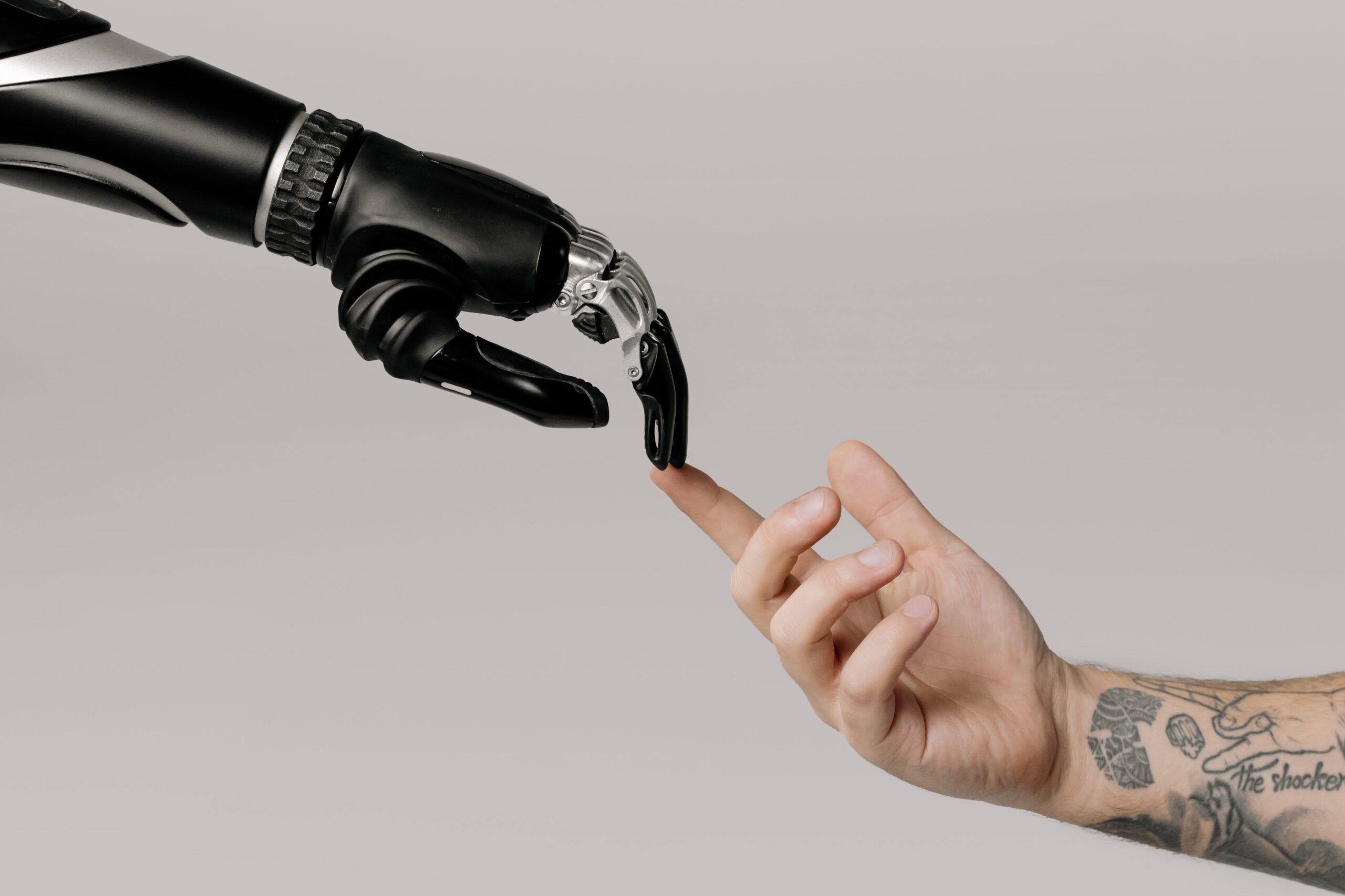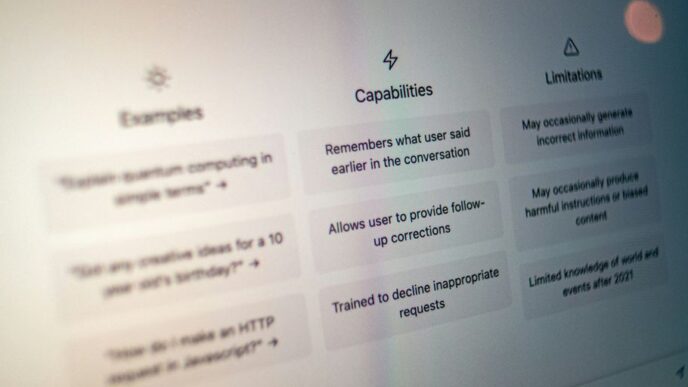Introduction
In an era of rapid technological advancements, agriculture is no exception to the transformative power of innovation. AI (Artificial Intelligence) tractors, equipped with cutting-edge technology, have emerged as a groundbreaking solution to address the challenges faced by modern agriculture. In this article, we will explore the exciting world of AI tractors and how they are revolutionizing farming practices worldwide.
The Evolution of Agriculture
Agriculture has been the backbone of human civilization for millennia, but it has never been static. Over the years, it has witnessed remarkable advancements, from the introduction of mechanized plowing to the Green Revolution. Today, we stand at the cusp of another transformative phase, one where AI tractors play a pivotal role.
AI Tractors: Beyond Automation
AI tractors represent a fusion of advanced technologies, including artificial intelligence, machine learning, IoT (Internet of Things), and data analytics. They go beyond mere automation, offering farmers a range of benefits that have the potential to reshape the agricultural landscape:
- Precision Agriculture: AI tractors are equipped with sensors and cameras that monitor and collect data on soil conditions, crop health, and weather patterns. This data is then processed using AI algorithms to make real-time decisions on planting, fertilizing, and irrigating, optimizing resource use.
- Increased Productivity: With AI tractors, farmers can precisely target problem areas in their fields, reducing waste and boosting productivity. AI-powered implements adjust on-the-fly, ensuring every square meter of land is used efficiently.
- Data-Driven Decision Making: The vast amount of data collected by AI tractors allows farmers to make informed decisions about crop management, enabling them to adapt to changing conditions and minimize risks.
- Sustainability: By using resources more efficiently and reducing the need for excessive fertilizers and pesticides, AI tractors contribute to sustainable farming practices and minimize the environmental impact.
- Reduced Labor Demands: Automation in agriculture can alleviate labor shortages by handling tasks that are repetitive and labor-intensive, freeing up human labor for more specialized roles.
- Remote Monitoring: Farmers can remotely monitor their fields and tractors through connected apps, providing peace of mind and allowing for quick responses to unforeseen events.
Challenges and Future Prospects
While AI tractors promise significant benefits, they also come with challenges:
- Cost: The initial investment in AI tractor technology can be substantial, making it necessary for governments and organizations to provide support to make it accessible to smaller, resource-constrained farms.
- Education and Training: Farmers need to be trained in the use of AI tractors and data interpretation to maximize their benefits fully.
- Data Security: The collection and use of data in agriculture raise concerns about data security and privacy, highlighting the need for robust regulations.
- Infrastructure: In some regions, inadequate digital infrastructure can limit the effectiveness of AI tractor technology.
The Future of Agriculture
AI tractors represent a significant leap forward in modern agriculture, bringing data-driven precision and sustainability to the field. As technology continues to advance, we can expect AI tractors to become more accessible and integrated into farming practices worldwide. They are a testament to the resilience and adaptability of agriculture, ensuring that this age-old industry continues to evolve and meet the ever-growing demands of our changing world. With AI tractors at the helm, the future of farming looks brighter and more promising than ever.











